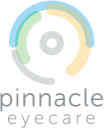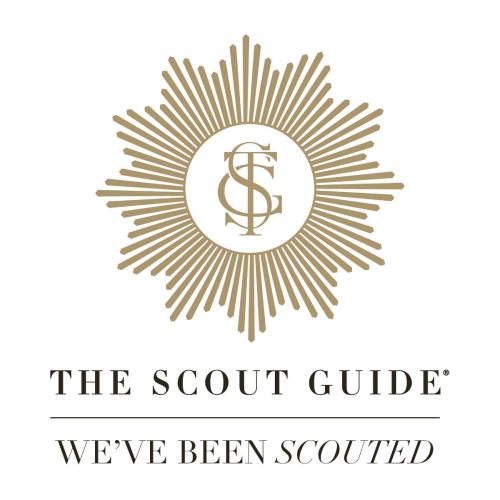When getting older, some patients may struggle to see clearly when reading a book or focusing on something close-up. If this happens to you, you may wonder if you need new corrective lenses or if there’s another possible issue.
Many patients develop presbyopia with time, leading to blurry vision they need reading glasses to correct. If reading glasses aren’t the solution you’re looking for, can laser eye surgery be the answer?
Speak with Your Eye Doctor About LASIK & Presbyopia
Traditional LASIK focuses on correcting refractive errors like myopia, hyperopia, and astigmatism. During surgery, your doctor reshapes the cornea with a specialized laser to help improve your sight. However, this procedure may not be beneficial for presbyopia because this condition affects the eye’s lens, not the cornea.
Traditional LASIK may not be ideal for presbyopia, but other forms of this surgery may improve your vision. PresbyLASIK and Monovision LASIK are 2 procedures your eye doctor may recommend as suitable surgeries to help lower your reliance on reading glasses.
- PresbyLASIK: During PresbyLASIK, your surgeon uses a specialized laser to reshape the cornea and improve close-up vision. Depending on your doctor’s recommendation, they will shape the cornea’s center for distance or near vision. The rest of the cornea is reshaped to improve vision from all distances.
- Monovision LASIK: Monovision LASIK involves correcting one eye for distance vision and having the other slightly blurry for near vision. This procedure is similar to traditional LASIK—your surgeon accesses the cornea and reshapes each for optimal sight.
The available treatments for presbyopia may help improve your close-up vision, but make sure you speak to your optometrist first. They can determine your eligibility and refer you to a trusted surgeon.
What Is Presbyopia?
Presbyopia is a refractive error where your eyes struggle to see close-up images, leading to blurry vision. It’s a common condition for adults 40 and older. Presbyopia occurs because of your body’s natural aging process.
You may notice some of the following symptoms when you develop presbyopia:
- Headache
- Eye strain
- Difficulty seeing nearby objects
- The need to hold things further away to see them clearly, like a book
The cause of presbyopia isn’t like other refractive errors—this condition develops due to natural changes to your eye’s lens. This lens flexes, changing shape to help you see clearly when focusing on close-up tasks. As you age, the lens hardens and cannot adapt as easily, leading to blurry vision.
How Can You Treat Presbyopia?
The most common way to treat presbyopia is with reading glasses. If you don’t want a second pair of glasses, your optometrist may recommend multifocal lenses featuring multiple prescriptions in a single lens.
If you don’t want to wear glasses to manage presbyopia—speak with your eye doctor about laser eye surgery.
How Does LASIK Improve Blurry Vision?
During LASIK, your surgeon reshapes your cornea to help improve your vision, reducing reliance on glasses and contact lenses.
They begin by making a small incision in the cornea to access its inner layers, creating a flap. Your surgeon then removes precise amounts of corneal tissue to reshape the cornea. They then return the flap to its original position, where it heals without needing stitches.
You can enjoy clear, comfortable vision after completely healing from surgery (taking approximately 2 to 3 months).
Can LASIK Work for Presbyopia?
Laser eye surgery may not be ideal if you have presbyopia and no other vision-related problems, like another refractive error. Traditional LASIK is likely not a viable solution for your needs—it’s suited for other vision problems, and its results cannot prevent natural eye changes. However, there are surgeries available today to help improve your vision, such as PresbyLASIK and Monovision LASIK.
The best thing to do is speak with your optometrist if you’re interested in laser eye surgery for presbyopia. They can recommend a treatment plan after completing an eye exam.
Book a Surgical Consultation Today
Presbyopia isn’t something to worry about—it’s a natural part of aging. However, you may not want to wear reading glasses to help you see. Speak with your eye doctor if you’re interested in laser eye surgery—they can determine your eligibility and recommend additional treatments for presbyopia.
Contact us at Pinnacle Eyecare if you experience symptoms of presbyopia.






